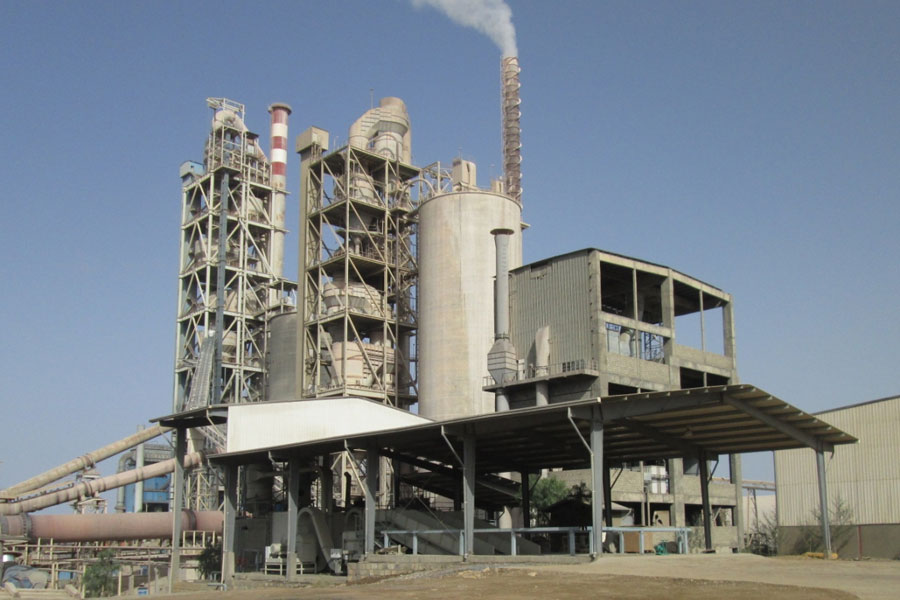
Sunday with Eden | Aug 25,2024
The introduction of an excise tax stamp system is stirring controversy in the beverage sector. The system, devised to create a robust and transparent tax management protocol whilst preventing counterfeit products, attracted attention as another potential shift in the federal fiscal policy. Proponents argue it would mobilise revenue by controlling illegitimate markets, making tax regulation compliance easier to discern. Critics, however, fear increased costs for businesses, especially smaller ones, arguing that the expenses of adapting to the system could impede expansion and growth.
The proposal has garnered dissent within the brewery industry, with executives wary of its practicality and potential costs. A study commissioned by the Ethiopian Brewers’ Association asserts that the system may cause more harm than good. The study points out the high costs breweries may face, the low risk of counterfeit products in the beer industry, and the already high excise tax compliance in the sector. Yet, Finance Ministry officials appear unfazed by the resistance. They maintain that the directive’s early days have yet to show a major change in demand. However, a decline is anticipated, which could impact revenues and, hence, the federal government’s tax revenue from the industry. While recognising the need for effective industry regulation, the breweries warn of a cascading effect on the supply chain, from farmers to distributors and consumers, in the event of a tax base decline.
However, officials of the Ministry of Finance anticipate excise tax revenues to reach 24.4 billion Br this fiscal year, with breweries contributing over a third. Notably, beverages with up to five percent alcohol content now face a 40pc excise tax or 28 Br a litre, a 9.24 Br increase a bottle, impacting the brewery industry by three billion Birr.
Despite the debate, some are confident that the excise stamp will serve as a credible tax regulator. Tax law experts advocated for transparency in the bid process to install technology solutions and ease of doing business to increase productivity in breweries. The industry worries about machinery installation costs, system integration, and disruptions during internet interruptions, worrying that the system can only function with reliable internet access. They fear these burdens will shrink the industry’s sales turnover, making products more expensive for consumers.
PUBLISHED ON
Jul 28,2024 [ VOL
25 , NO
1265]

Sunday with Eden | Aug 25,2024

Radar | Oct 27,2024

Fortune News | Mar 30,2024

Fortune News | Oct 15,2022

Radar | Nov 27,2023

Exclusive Interviews | Aug 03,2025

In-Picture | Feb 03,2024

Fortune News | Feb 03,2024

News Analysis | Apr 13,2024

Radar | Jun 15,2025

Dec 22 , 2024 . By TIZITA SHEWAFERAW
Charged with transforming colossal state-owned enterprises into modern and competitiv...

Aug 18 , 2024 . By AKSAH ITALO
Although predictable Yonas Zerihun's job in the ride-hailing service is not immune to...

Jul 28 , 2024 . By TIZITA SHEWAFERAW
Unhabitual, perhaps too many, Samuel Gebreyohannes, 38, used to occasionally enjoy a couple of beers at breakfast. However, he recently swit...

Jul 13 , 2024 . By AKSAH ITALO
Investors who rely on tractors, trucks, and field vehicles for commuting, transporting commodities, and f...

Sep 13 , 2025
At its launch in Nairobi two years ago, the Africa Climate Summit was billed as the f...

Sep 6 , 2025
The dawn of a new year is more than a simple turning of the calendar. It is a moment...

Aug 30 , 2025
For Germans, Otto von Bismarck is first remembered as the architect of a unified nati...

Aug 23 , 2025
Banks have a new obsession. After decades chasing deposits and, more recently, digita...